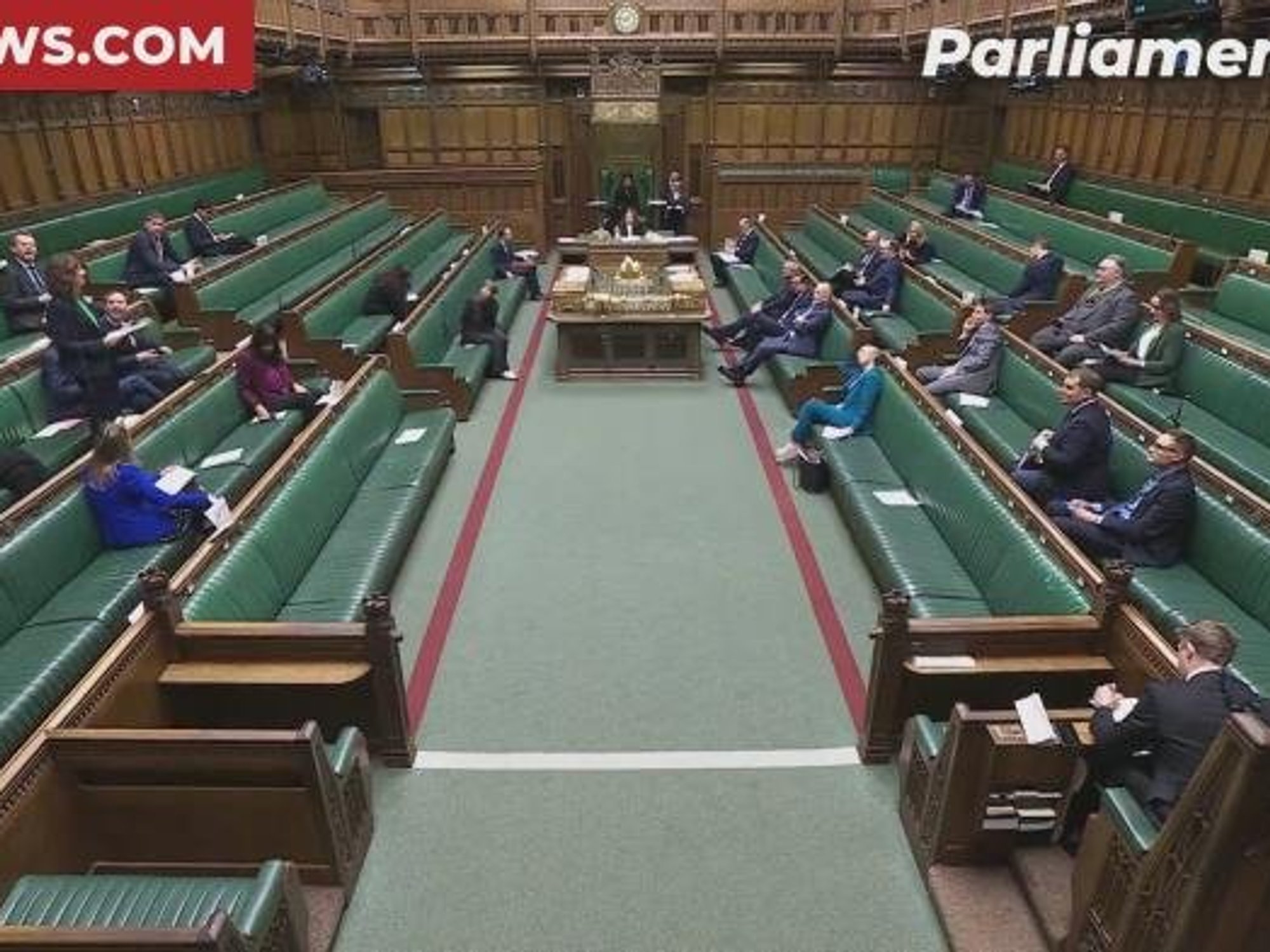New 'long overdue' welfare reforms for animals enforced at British zoos
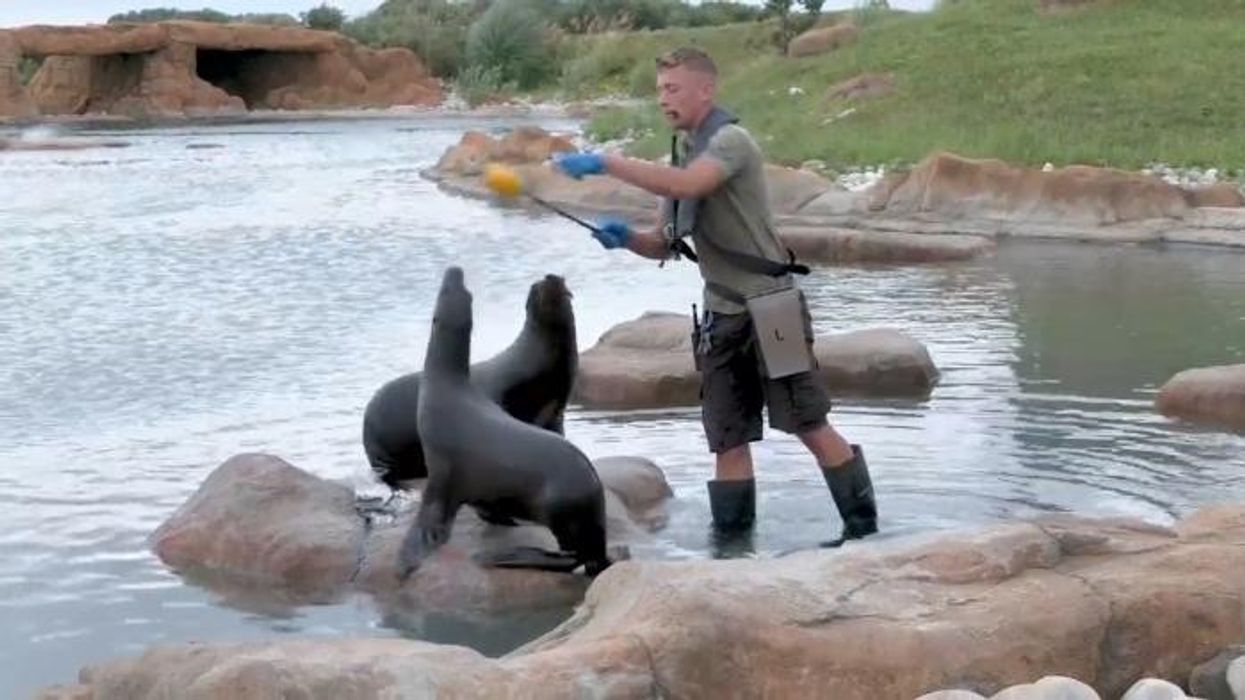
WATCH: New 'long overdue' welfare reforms for animals enforced at British zoos
|GB News

The reforms set out higher standards for the care of complex species
Don't Miss
Most Read
Trending on GB News
Zoos and aquariums in the UK will be required to comply with “long overdue” welfare reforms under the new Standards of Modern Zoo Practice for Great Britain.
The Department for Environment Food & Rural Affairs (Defra) say the new standards published today will modernise British zoo practices for the first time in over a decade.
The reforms set out higher standards for the care of complex species and include phasing out long-term tethering of birds of prey, a move to naturalistic enclosures for elephants and the banning of stressful aquarium touch pools for marine animals.
Dr Charlotte MacDonald is the Director of Animals Yorkshire Wildlife Park and spoke to GB News about the new standards.
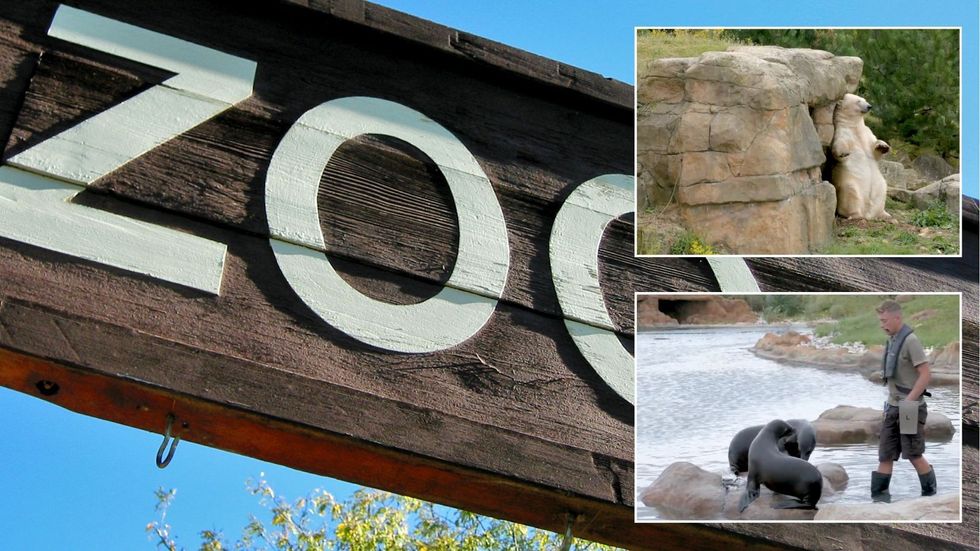
Zoos and aquariums in the UK will be required to comply with “long overdue” welfare reforms under the new Standards of Modern Zoo Practice for Great Britain
|Getty/ GB News
She said: "Anything that helps to improve what we do in the zoo industry, I think, is a good thing, so it will help us improve our animal welfare.
"It will help us improve the conservation work. It just provides some additional clarity for us, so I think it's going to be really helpful.
"At Yorkshire Wildlife Park we already work to an extremely high standard and have very high standards of animal welfare and animal care.
"We have very high standards of conservation activity and we support and work in various projects with various projects around the world in partnership with our charity, the Wildlife Foundation.
"Education is important and we also see about 30,000 schoolchildren in our classrooms every year."
Other measures in the standards include improved conservation. This could include breeding programmes for endangered species, research into animal behaviour and reproduction, and education to raise awareness about conservation issues.
There will also be a curb on the sourcing of animals from the wild.
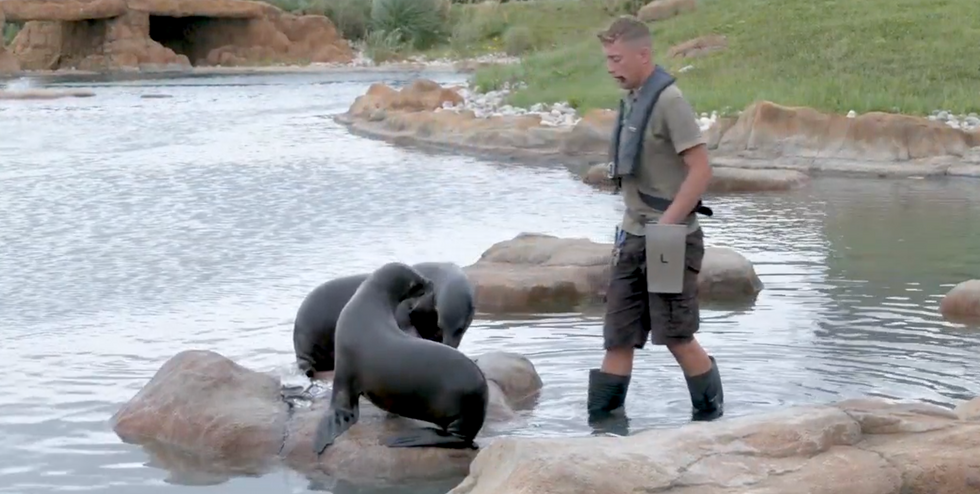
The Department for Environment Food & Rural Affairs (Defra) say the new standards published today will modernise British zoo practices for the first time in over a decade
|GB News
Dr MacDonald, Director of Animals Yorkshire Wildlife Park, said that animal conservation is key at zoos to prevent extinction of certain species.
"Most people will never see a lot of these species in the wild - unfortunately, some of the habitats are becoming so degraded that they're not going to exist, you know, in ten years or 20 years from now," she said.
"So by keeping species here as part of European breeding programs, we're protecting that species. We're keeping that species on the planet.
"If they only live in the wild and their wild habitat is destroyed, then we've lost those animals. They will go extinct, but actually, if we have those species here in sustainable breeding programs, then we still have those species on planet Earth."
Animal Welfare Minister, Baroness Hayman called the changes the first step in delivering the most ambitious welfare reforms in a generation.
She said: "We are a nation of animal lovers, and our best zoos and aquariums are truly world leaders in setting the standard for how wild animals should be kept.
“Today’s long-overdue reforms lay the foundation for an even stronger, even more compassionate future for all zoos and aquariums and the animals they protect. This is the first step as part of our commitment to deliver the most ambitious animal welfare reforms in a generation.
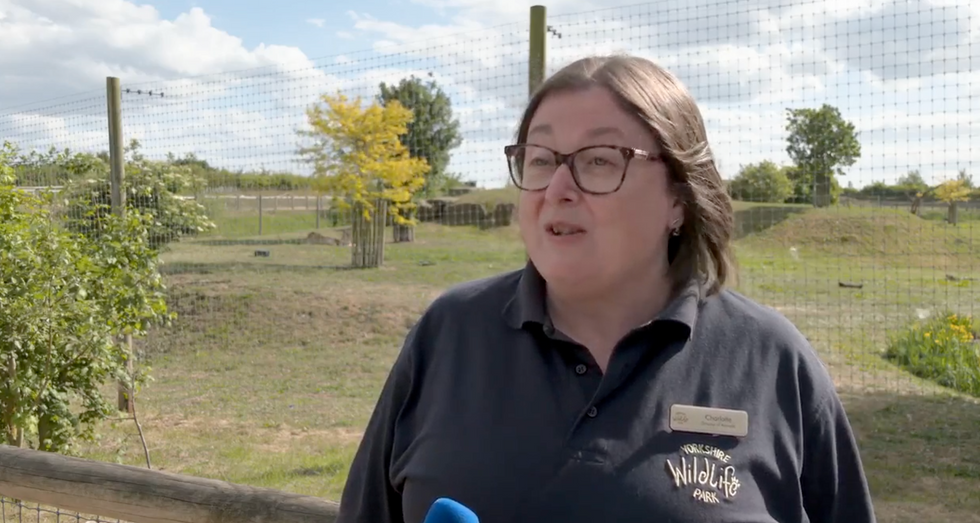
Dr Charlotte MacDonald is the Director of Animals Yorkshire Wildlife Park and spoke to GB News about the new standards
|GB News
“We’re making sure all sectors have the tools they need thrive, which is vital in our mission to deliver economic growth and make lives better for people across the country under our Plan for Change”.
Dr Jo Judge, CEO of the British and Irish Association of Zoos and Aquariums, which represents over 130 zoos and aquariums, said its members have been “working closely” with Defra officials to meet the updated standards.
“The new standards are a significant step up in legal requirements and cement Britain’s position as a global leader for zoos and aquariums”, she said.
“We are delighted to see them published today, demonstrating government’s and the sector’s commitment to the highest levels of animal care, and helping empower zoos and aquariums to keep leading the fight for nature.”
In addition, the standards mean that all zoos will need to ensure appropriate safety measures are in place if they want to keep dangerous animals, including double-gated entry systems, lone worker procedures, and the appropriate availability of firearms.
Zoos will also be required to develop clear business continuity plans to protect animals in the event of financial hardship.
There is a two year timeline on zoos and aquariums to adapt to the changes, with further phased timelines for some species-specific changes and the new published standards are available here.
More From GB News






